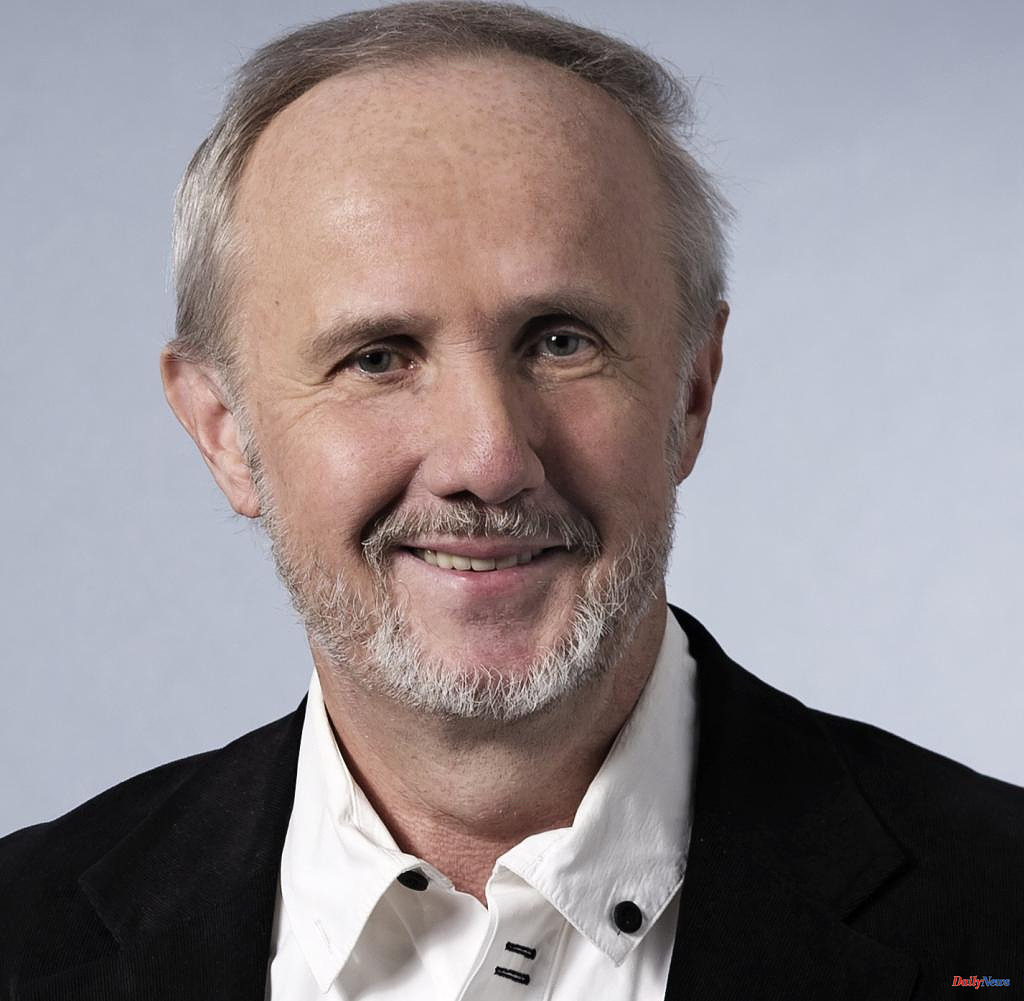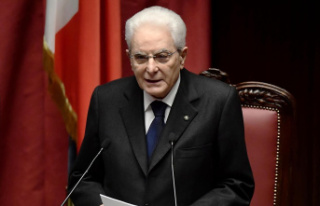"He was pushed around an awful lot, was a difficult, non-conformist boy who was pushed off to boarding school early on, who didn't get along with anyone, least of all himself." This is how Christian Doermer's wife characterized her husband in a "Stern" portrait .
And yet, Christian Doermer, who became famous as the protagonist of Young German Cinema, was a completely different person. In "Die Halbstarken" he played the brave little brother of the rebellious Horst Buchholz. In "Flight to Berlin" he was an idealistic SED functionary who loses faith in the regime. In “Bread of the Early Years”, the starting signal for the new German film, he is a dreamy average citizen with his own car, who recognizes the meaninglessness of his life after seeing a childhood friend again. And in "Schonzeit für Füchse", the second key work by the young filmmakers, he is a playful intellectual who plays along with the bourgeois lifestyle because he can't imagine anything else.
The rebellious impetus was also in his adapted figures. In February 1962, 26 filmmakers signed the "Oberhausen Manifesto", which declared "Grandpa's cinema" dead: "The old film is dead. We believe in the new one." Among the signatories was a single non-director: the actor Christian Doermer . The following year he founded his own company, Cine Document, and another year later he presented his first film, "I had imagined it differently", a report about Africa.
This continent was his main interest, half a century before the post-colonial period. In 1969, in "Just a Stone" he describes the racist prejudices of the different ethnic groups in the country using Kenya as an example, in "Du" he tells of the relationship between a German living in Bangkok and his Thai domestic worker.
For four years, Doermer worked on his most ambitious project: a cinematic portrait of the German General Paul von Lettow-Vorbeck, the executor of the Herero genocide. In contrast to today, when a new Lettow-Vorbeck film is made possible with millions from film funding, Doermer was practically alone with his interest back then. He received no support from Germany, filmed with a mini-team in Nairobi and even had to do without historical costumes. His film was completed, but ultimately remained a fragment. It became a document about the problem of reclaiming history when nobody wants that history reclaimed.
In order to be able to pursue his own interests, Doermer had largely retired as an actor. Between 1973 and 1985 he only appeared in three roles. After that he preferred to play characters with a political touch. In "Das Treibhaus" he portrayed a remigrant and left-wing intellectual in the Adenauer era, in "Bismarck" he was the Bavarian prime minister and the opponent of the Iron Chancellor, in "Fathers and Sons" a ruthless manipulator of power in the Nazi era and in "Stauffenberg" he gave the Wehrmacht General Keitel.
Doermer, a great admirer of Nietzsche (he directed the two-part film Sils Maria – Philosophical Excursions with Texts by Friedrich Nietzsche), was one of the most overlooked of post-war German cinema. He has now died at the age of 87.












